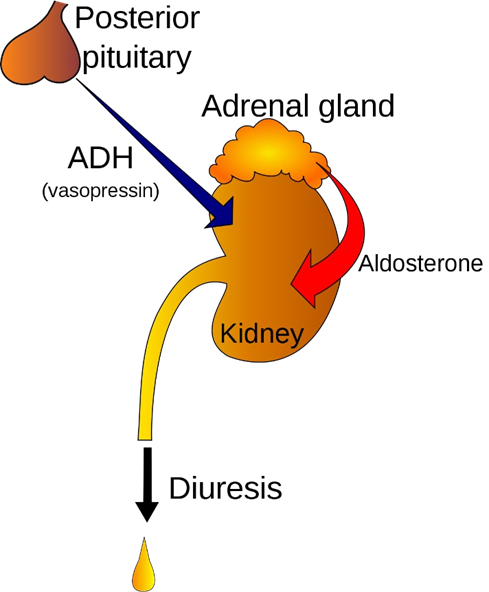The nurse is assessing a client's pain experience. Which nursing intervention is most effective in determining the severity of a client's pain?
Review the client's medical history and admission assessment.
Compare the client's current vital signs to the admission baseline.
Note how frequently doses of analgesics have been administered.
Ask the client to describe the intensity of the pain being experienced.
The Correct Answer is D
Choice A reason: While the client's medical history and admission assessment provide valuable information, they do not directly measure the current pain experience.
Choice B reason: Vital signs can indicate pain but are not a definitive measure of pain severity as they can be influenced by other factors.
Choice C reason: The frequency of analgesic administration may suggest the level of pain control but does not measure the current pain intensity experienced by the client.
Choice D reason: Asking the client to describe the intensity of the pain is the most direct and effective way to assess pain severity. Pain is subjective, and the client's self-report is considered the gold standard for pain assessment.
Nursing Test Bank
Naxlex Comprehensive Predictor Exams
Related Questions
Correct Answer is B
Explanation
Choice A reason: Skin turgor is a method to assess hydration status, but it is not the most accurate indicator of fluid balance in a patient with fluid volume overload.
Choice B reason: Monitoring weight is the most accurate method to assess fluid balance. A sudden increase or decrease in weight is indicative of fluid changes.
Choice C reason: Blood pressure can be affected by fluid volume changes, but it does not provide a direct measure of fluid balance.
Choice D reason: Lung sounds can indicate fluid overload in the lungs but do not give a complete picture of overall fluid balance.

Correct Answer is B
Explanation
Choice A reason: Praising the UAP for using standard precautions is not appropriate in this situation as using the same gloves for multiple clients breaches infection control protocols.
Choice B reason: The nurse should instruct the UAP to change gloves immediately to prevent cross-contamination between clients.
Choice C reason: While scheduling an in-service program on asepsis is beneficial for long-term education, it does not address the immediate risk of infection.
Choice D reason: Submitting an adverse occurrence report may be necessary if there is a pattern of non-compliance, but the first action should be to correct the behavior and ensure client safety.
Whether you are a student looking to ace your exams or a practicing nurse seeking to enhance your expertise , our nursing education contents will empower you with the confidence and competence to make a difference in the lives of patients and become a respected leader in the healthcare field.
Visit Naxlex, invest in your future and unlock endless possibilities with our unparalleled nursing education contents today
Report Wrong Answer on the Current Question
Do you disagree with the answer? If yes, what is your expected answer? Explain.
Kindly be descriptive with the issue you are facing.
